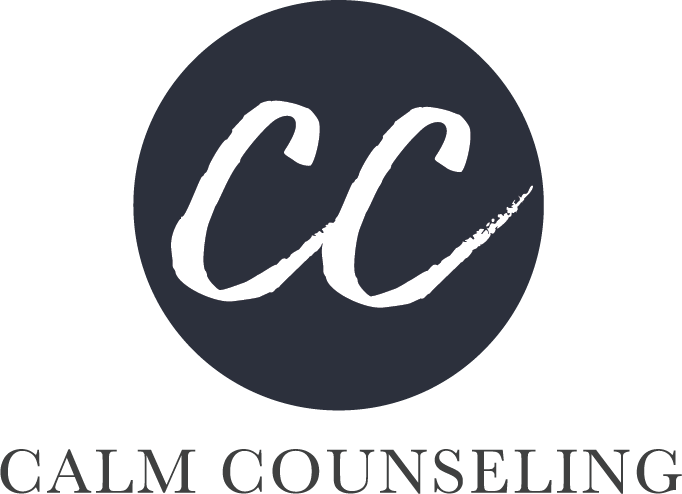Silencing ‘Food Noise’: A Threat to Our Intuition [Blog Post]
by Kathryn Garland, LCSW-S, CEDS-C
If you’ve been reading about food and diet culture in the news, you’ve noticed references to the term “food noise”. The expression has been coopted by the diet industry as their latest marketing catchphrase. Food noise is defined as “heightened and/or persistent manifestations of food that cue reactivity, often leading to food-related intrusive thoughts and maladaptive eating behaviors” (Nutrients Journal, 2022). Before the development of this recent phrase, the phenomenon of craving, or frequently thinking about food in the absence of physical hunger, used to be called emotional hunger or even an eating disorder. If food noise is the problem, the diet industry urges us to view new to market appetite suppressant drugs as the solution – which promise to silence the noise.
Currently, these drugs are monetarily out of reach for many and produced as injectables, but it’s only a matter of time before they are cheaper, in pill form, and readily available. Societally, it may seem easy to cast off the importance of hunger, a sometimes uncomfortable and nagging experience. But what if food noise isn’t just an annoyance? What if it’s signaling something deeper, in addition to physical hunger? Many people report that GLP-1 medications have saved their lives from struggles with type 2 diabetes as well as other medical conditions. However, outside of their effectiveness in lowering blood sugar, there may also be a downside to this “miracle drug” when it is exclusively used for appetite suppression.
In a recent article for the New York Times, “What if ‘Food Noise’ is Just… Hunger?”, Kate Manne, author of the upcoming book Unshrinking: How to Face Fatphobia (Manne, 2024) and a professor at Cornell University, explores this precise question. Manne theorizes that food noise is, in fact, actual hunger and that labeling it as pathological is highly problematic. Unfortunately, through the lens of diet culture, being hungry can be seen as dangerous. Hungry people might gain weight and weight gain is viewed by many in our society as unacceptable. Manne discusses the almost criminalization of craving, wanting, and even loving food. As though experiencing pleasure from food, and desiring that pleasure, is a dilemma to be solved – not simply an experience of satisfaction.
As a therapist working through the lens of attachment theory, I would add that “food noise” could be a hunger for many things – not just appetite for nutritional needs but appetite for human connection. “Food noise” might be a signal of distress, something telling us to dig deeper and to look closer at our underlying emotional needs. It could be a plea for soothing and comfort in a time of despair. If we silence our most basic drive to hunger for food, don’t we also risk cutting off other intrinsic feelings of love, loneliness, desire for comfort, and so many of the other feelings that live inside of us? Hunger, like the nerves at the tip of our fingers, can signal a threat or a need for safety seeking – as if to warn us of the heat coming off a hot stove. Divorcing ourselves from pleasure and our innate instincts seems to be a greater threat to us than increased appetite or the drive to feed ourselves.
Elyse Resch and Evelyn Tribole, authors of the breakthrough anti-diet book Intuitive Eating (Resch & Tribole, 2020), have discussed the beauty and importance of listening to our core intuition with food and our bodies over the past 30 years. Resch and Tribole encourage readers to trust in their bodies and follow their intrinsic signals for satisfaction, not external influence. Interrupting this basic human process, could create bigger issues when it comes to staying connected to ourselves and building a healthy relationship with food. In silencing or turning down the volume on our appetite, are we turning away from intuition and further into automation? In an age where there is so much distraction and “noise” outside of ourselves, from consumerism to the overstimulation of advanced technology, we should be engaging more with our innate drives – not less.

